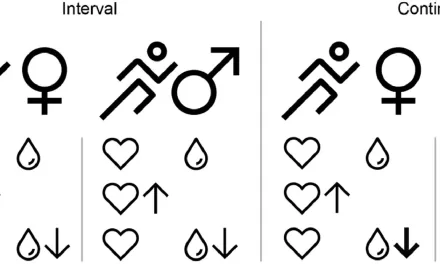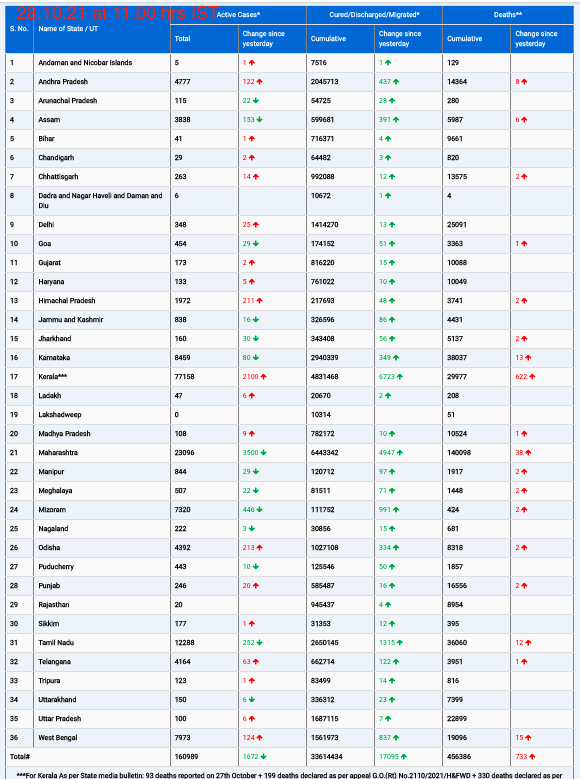22 August 2022, Geneva | The introduction of new drugs, regimens and repurposing of existing antimicrobial agents for the treatment of drug-resistant tuberculosis (TB) have generated new treatment options at a comparatively rapid rate, providing an improvement to treatment outcomes and quality of life during treatment. As resistance to TB drugs in the community gradually increases, concern has been raised about the lack of comprehensive options for rapid detection of resistance to multiple drugs including the new and repurposed medicines.
Gene sequencing technologies provide an option for rapid, accurate genetic analysis and detection of genetic mutations indicating resistance in a fraction of the time required for culture-based methods for detecting resistance. Several various commercially available “End-to-End Solutions”[1] for targeted next-generation sequencing (tNGS) for detection of drug resistance have become available in recent years.
To enable this process, WHO is issuing a public call for data, appealing to industry, researchers, national TB programmes and other agencies to provide suitable evidence on the performance of these technologies. The obtained data will be essential to facilitate the process of WHO policy updates, scheduled to start at the end of 2022.
Please send relevant data by 18th September 2022, to Cecily Miller at cmiller@who.intFor more information on the parameters of the data, see the Annex.












